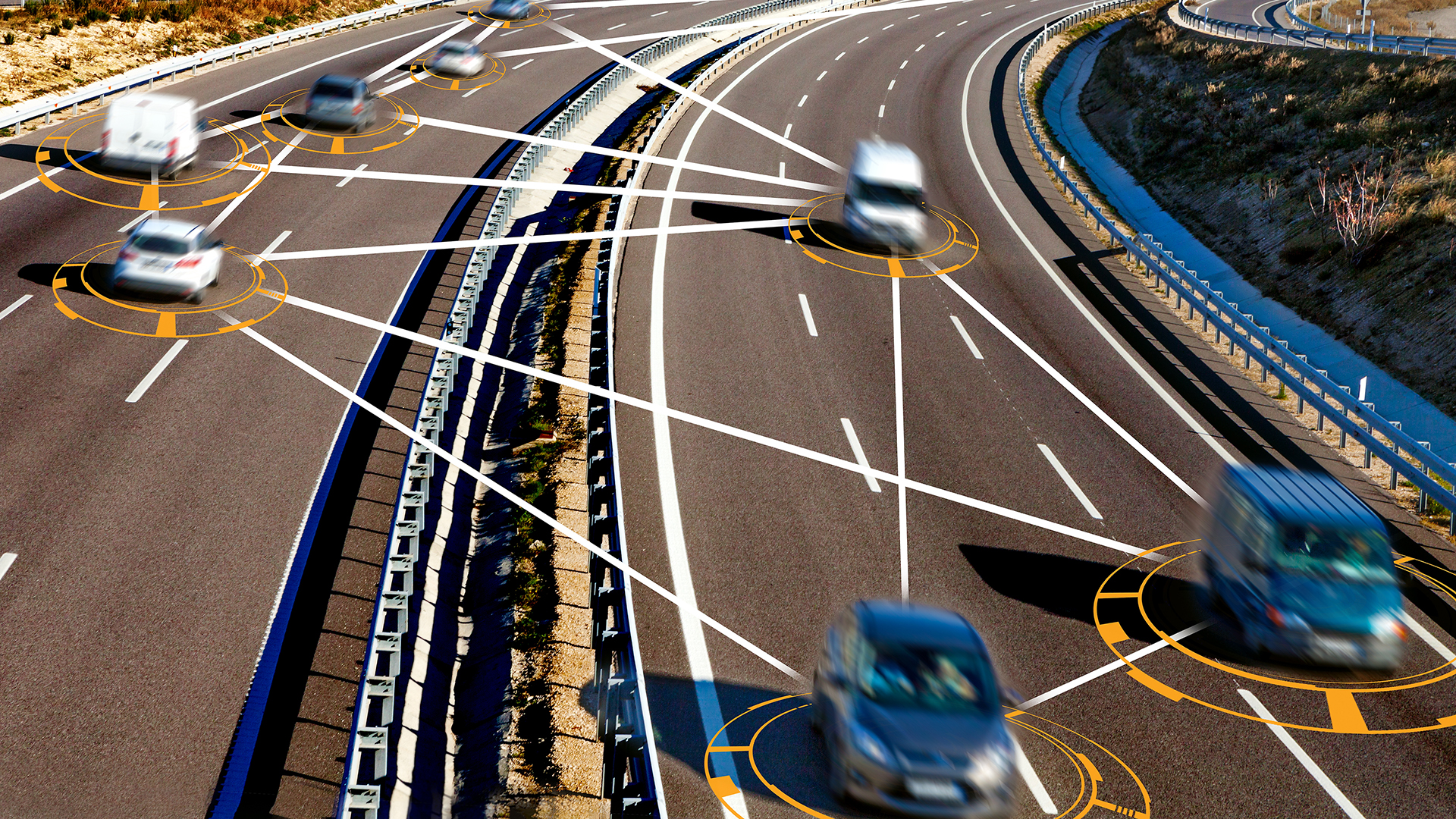
Publication
How the new Building Canada Act works
On June 26, Bill C-5, the One Canadian Economy Act, received royal assent. The One Canadian Economy Act introduces two pieces of legislation aimed at bolstering economic development in Canada.


Autonomous vehicles are a common way for third parties to collect personal information about users. In an increasingly connected world, the concept of mobility as a service where rental or ridesharing services enable users to book, use, and pay for transportation has taken off and varying levels of AVs are increasing in popularity.
AVs range from cars that have some level of automated assistance with steering, parking, or breaking, to fully self-driving vehicles. While AVs offer many benefits to consumers, the vehicles collect an enormous amount of personal information about passengers. Some of the information collected may be shared with third parties that use the data for secondary purposes. While no federal law directly addresses these concerns, several state laws apply to the types of personal information AVs collect.
This article examines personal data collection of ridesharing or rented AVs. It reviews personal data collection of different types of AVs, what passengers should be aware of, and legal considerations for AV operators.

Publication
On June 26, Bill C-5, the One Canadian Economy Act, received royal assent. The One Canadian Economy Act introduces two pieces of legislation aimed at bolstering economic development in Canada.
Publication
In this edition we report on the Law Commission’s interim statement on 1954 Act reform following its two November consultations. We then examine the facts, judgments and implications of 3 recent cases: Emily Colville comments on the progress of a case determining whether or not a roof top garden should be considered a “storey” for the purposes of the Building Safety Act 2022.
Subscribe and stay up to date with the latest legal news, information and events . . .
© Norton Rose Fulbright LLP 2025